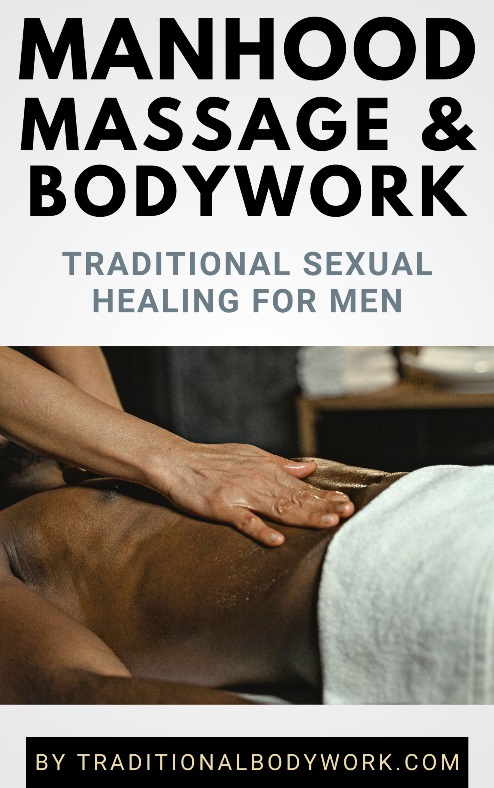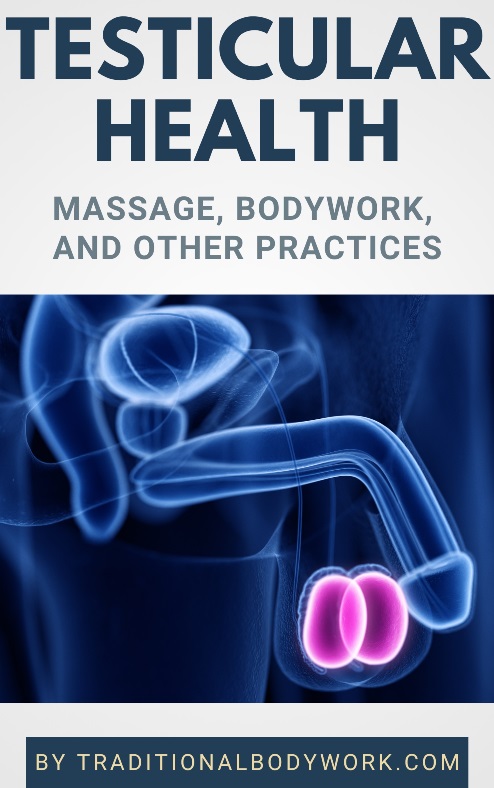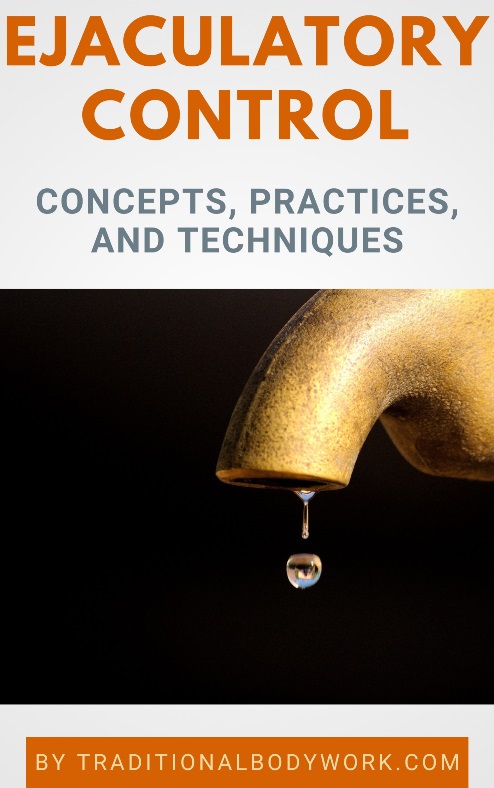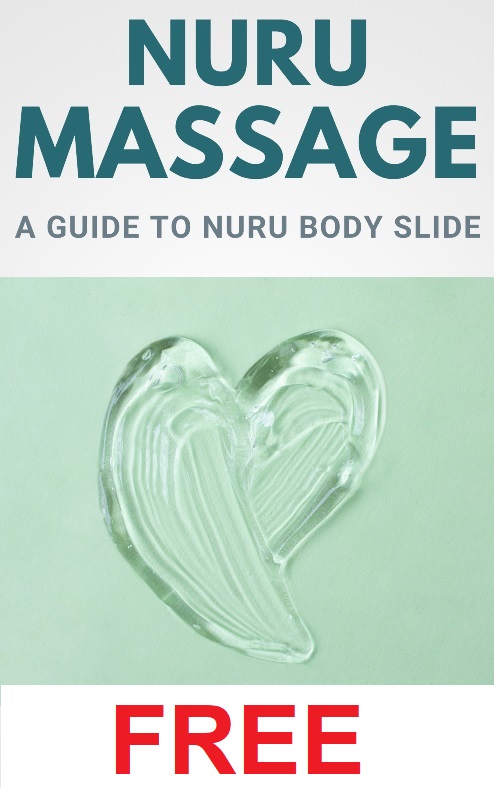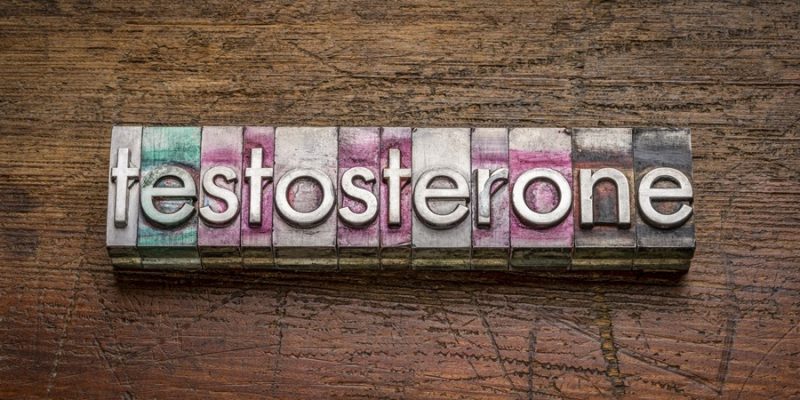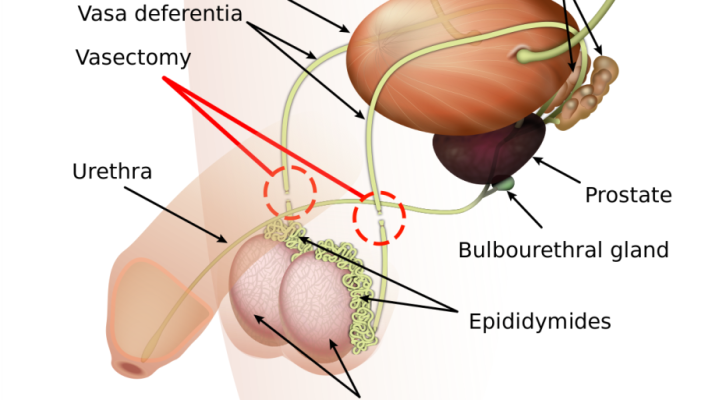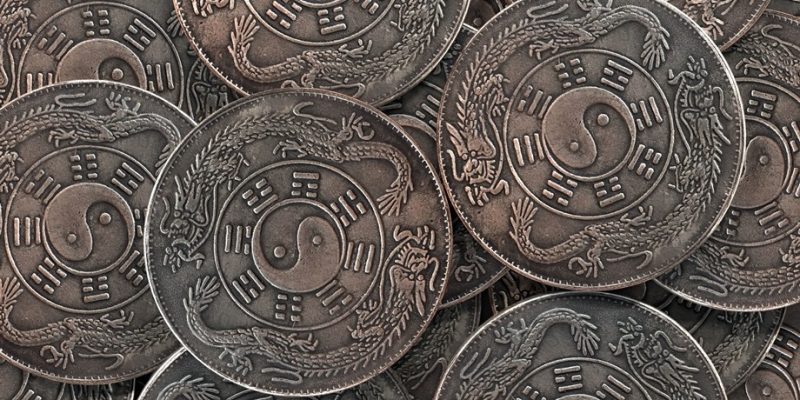
Testosterone is a crucial hormone that influences muscle mass, bone density, libido, mood, and overall health. As men age, testosterone levels naturally decline, but several lifestyle, medical, and genetic factors can affect the rate of this decline.
For those considering hormone replacement therapy, lifestyle changes, or even procedures like a vasectomy in Christchurch, understanding testosterone levels by age is essential.
Understanding Testosterone Levels by Age
Testosterone levels, measured in nanograms per decilitre (ng/dL), vary among individuals. However, general reference ranges exist for different age groups. During puberty (10-19 years), levels range from 300-1,200 ng/dL. Peak levels are typically seen in the 20s and 30s, ranging from 600-1,100 ng/dL. In the 40s, levels generally fell between 500-900 ng/dL, and in the 50s, between 400-800 ng/dL. By the time men reach their 60s and beyond, testosterone levels typically range from 300-700 ng/dL. After the age of 30, testosterone levels naturally decline by 1% to 2% per year, though this decline can be influenced by various factors.
Key Factors That Affect Testosterone Levels by Age
Ageing and Natural Decline
Testosterone production is highest in late teens and early adulthood but gradually decreases over time. This decline is linked to:
- Reduced testicular function
- Decreased hormone production by the pituitary gland
- Lowered metabolic efficiency
Solution
While ageing is inevitable, maintaining a healthy lifestyle can help slow down the decline.
Lifestyle Factors
Poor Diet and Nutrition

Unhealthy eating habits can impact testosterone levels. Diets high in processed foods, sugar, and unhealthy fats can lower testosterone, while nutrient-rich diets support hormone production.
Foods that Boost Testosterone:
- Lean proteins (chicken, fish, eggs)
- Healthy fats (avocados, nuts, olive oil)
- Zinc-rich foods (oysters, red meat)
- Vitamin D sources (salmon, fortified dairy)
Lack of Exercise and Obesity
Being overweight, especially with excess belly fat, can lead to higher estrogen levels, which suppress testosterone production. Sedentary lifestyles also contribute to hormonal imbalances.
Solution
Strength training and high-intensity interval training (HIIT) are proven to increase testosterone naturally. Even moderate physical activity, like brisk walking or swimming, can positively impact hormone levels. Consult with a healthcare professional or certified personal trainer to create a safe and effective exercise plan tailored to your needs.
Sleep and Stress Levels

- Chronic stress increases cortisol levels, which lowers testosterone.
- Lack of sleep disrupts hormone regulation, leading to lower testosterone levels.
Solution
Aim for 7–9 hours of quality sleep and manage stress through exercise, mindfulness, or therapy.
Medical Conditions & Medications
Certain health issues can significantly impact testosterone levels, including:
- Diabetes & Metabolic Syndrome
- Heart disease
- Thyroid disorder
- Chronic illnesses (kidney/liver disease)
Medications such as steroids, opioids, and antidepressants can also reduce testosterone.
Solution
Regular health check-ups and consulting a doctor about medication alternatives can help.
Vasectomy and Testosterone Levels
A common concern is whether a vasectomy in Christchurch affects testosterone levels. Research shows that a vasectomy does not impact testosterone production. The testicles continue producing hormones as usual, and there is no direct link between a vasectomy and testosterone decline. The procedure simply prevents sperm from being transported, leaving hormone production unaffected. Therefore, men considering a vasectomy can be reassured that their testosterone levels should remain normal. However, post-vasectomy stress or lifestyle changes can indirectly affect hormone levels. If you experience symptoms like low libido, fatigue, or mood swings, consulting a healthcare professional is advised.
Recognising Low Testosterone Symptoms
Low testosterone, or hypogonadism, can lead to various symptoms, including:
- Low energy and fatigue
- Reduced muscle mass and strength
- Increased body fat (especially around the belly)
- Lowered libido and erectile dysfunction
- Depression, irritability, or mood swings
If these symptoms persist, a blood test can determine whether testosterone therapy or lifestyle adjustments are needed.
How to Maintain Healthy Testosterone Levels
Exercise Regularly
- Weightlifting and resistance training boost testosterone.
- Avoid excessive cardio, which can lower hormone levels.
Eat a Balanced Diet
- High-protein meals support muscle growth and hormone production.
- Healthy fats and zinc-rich foods improve testosterone function.
Get Enough Sleep
- Aim for 7–9 hours of sleep per night.
- Poor sleep reduces testosterone by up to 15% overnight.
Reduce Stress
- Manage cortisol levels through meditation, yoga, or outdoor activities.
- Chronic stress blocks testosterone production.
Consider Medical Options
- If you have persistently low testosterone, consult a specialist about hormone replacement therapy (HRT).
Conclusion
Testosterone levels naturally decline with age, but lifestyle factors, diet, sleep, stress, and medical conditions can influence the rate of decline. A helpful tool for understanding this natural progression is a testosterone levels by age chart, which can provide a general overview of typical ranges. While a vasectomy in Christchurch does not directly impact testosterone, maintaining healthy habits is essential for keeping testosterone levels optimal. Prioritising these healthy habits can contribute to a better quality of life as you age.
If you’re experiencing low testosterone symptoms, speak to a doctor about testing and potential treatments. Making proactive lifestyle changes can help you maintain energy, strength, and overall well-being at any age.

